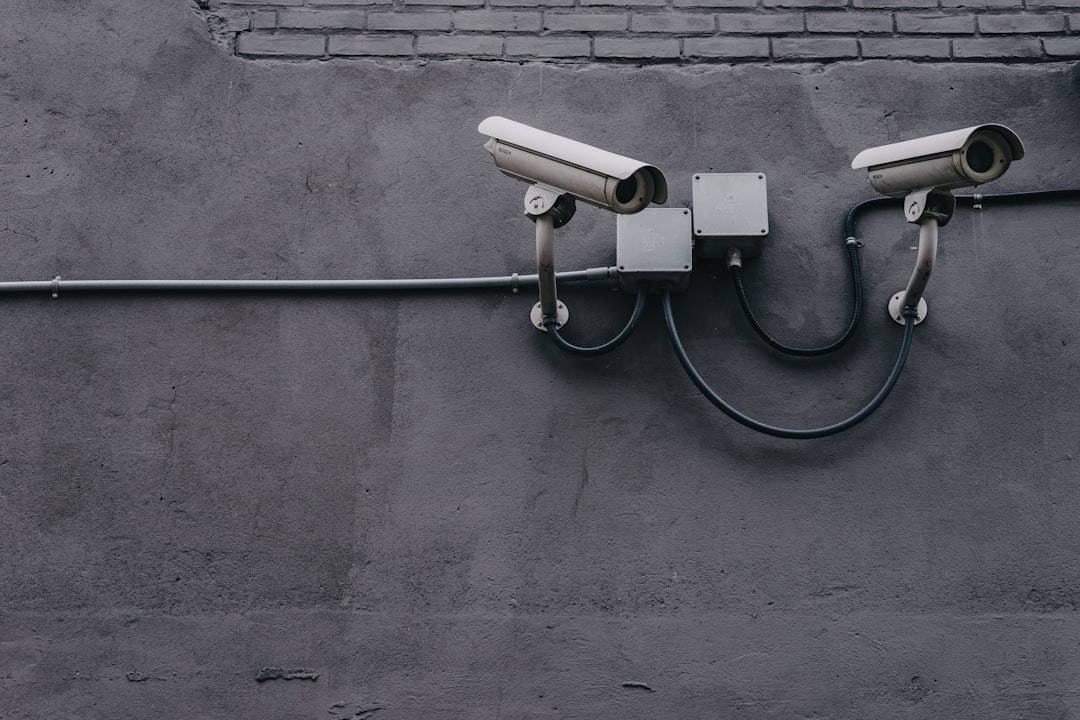Imagine waking up one morning, checking your bank account, and realizing all your money is gone. Or someone else filed your taxes and grabbed your refund. Scary, right? That’s identity theft — and it’s no joke.
So, what is identity theft?
Identity theft happens when someone steals your personal information and pretends to be you. They can use your name, address, credit card number, or even your Social Security number to commit fraud.
Simply put, they borrow your identity without asking — and usually leave a mess behind.

Why do criminals steal your identity?
Because there’s money in it — a lot of money. Cybercriminals can use your identity to:
- Buy things with your credit card
- Open new credit lines
- Withdraw money from your bank
- File fraudulent tax returns
- Get medical services
- Even take over your social media accounts!
And the worst part? You might not even realize it’s happening until it’s too late.
How do they steal your identity?
The bad guys are clever. They use all kinds of sneaky tricks, like:
- Phishing Emails: Fake messages that look real but ask for sensitive info.
- Skimming: Small devices at ATMs or gas pumps that copy your card info.
- Data Breaches: When hackers break into big companies and steal customer info.
- Dumpster Diving: Yep, some still dig through trash for tossed bank statements.
- Social Engineering: Tricking you into giving up private details.
It only takes a little bit of info to cause a big disaster.
What are the warning signs?
Keep your eyes open! Here are a few red flags that your identity might be in the wrong hands:
- Strange charges on your bank or credit card
- Bills for things you never bought
- Calls from debt collectors about debts you didn’t make
- Letters about accounts you never opened
- Sudden drop in your credit score

How can you protect yourself?
Good news — you can fight back! Here’s how to stay safe:
- Use strong, unique passwords for each online account
- Don’t share personal info with unverified sources
- Shred documents with sensitive info before tossing them out
- Check your credit report regularly
- Enable two-factor authentication when available
- Keep antivirus software updated on all devices
Think of it as building a virtual fortress around your identity.
What should you do if you’re a victim?
First, don’t panic. Take action quickly:
- Contact your banks and credit card companies to freeze accounts
- Report the fraud to the police and get a copy of the report
- Put a fraud alert on your credit report with major bureaus
- Change passwords on all affected accounts
- Inform the FTC at their identity theft website
You might also want to hire an identity theft protection service if things get really messy.
Final thoughts
Identity theft might sound like a plot from a spy thriller, but it’s very real. The best way to fight it is knowledge. Be smart. Be careful online. And always guard your personal info like treasure.
Because in this digital age, your identity is your currency.
